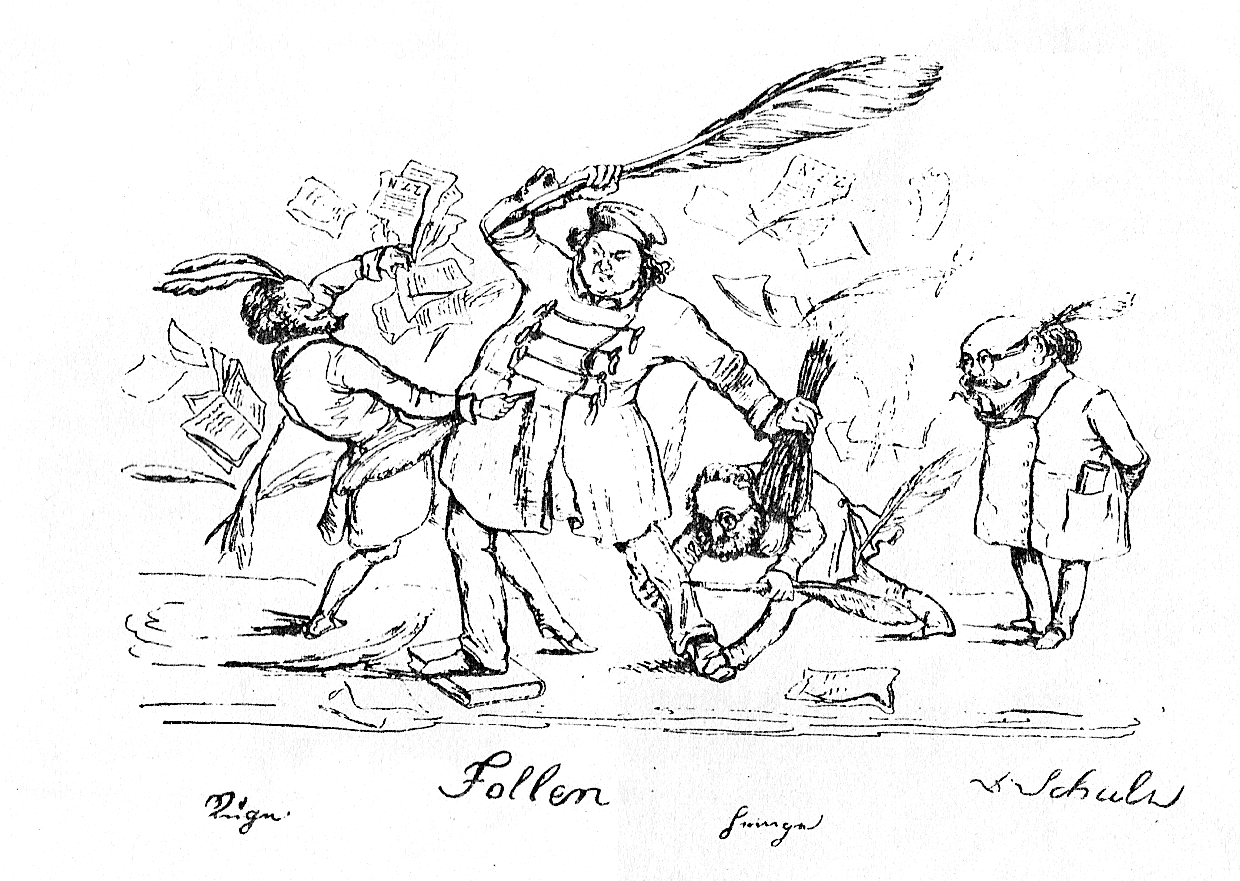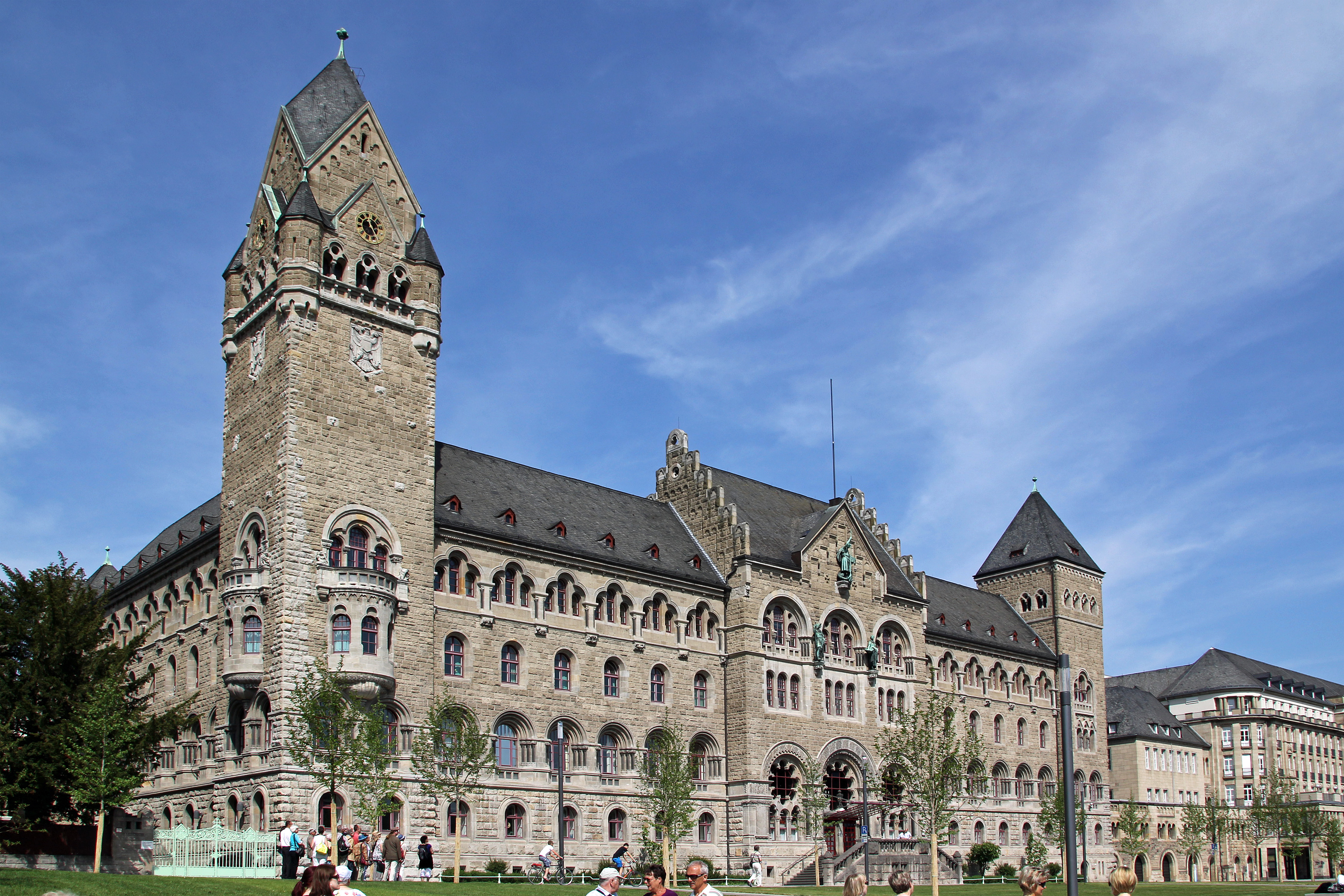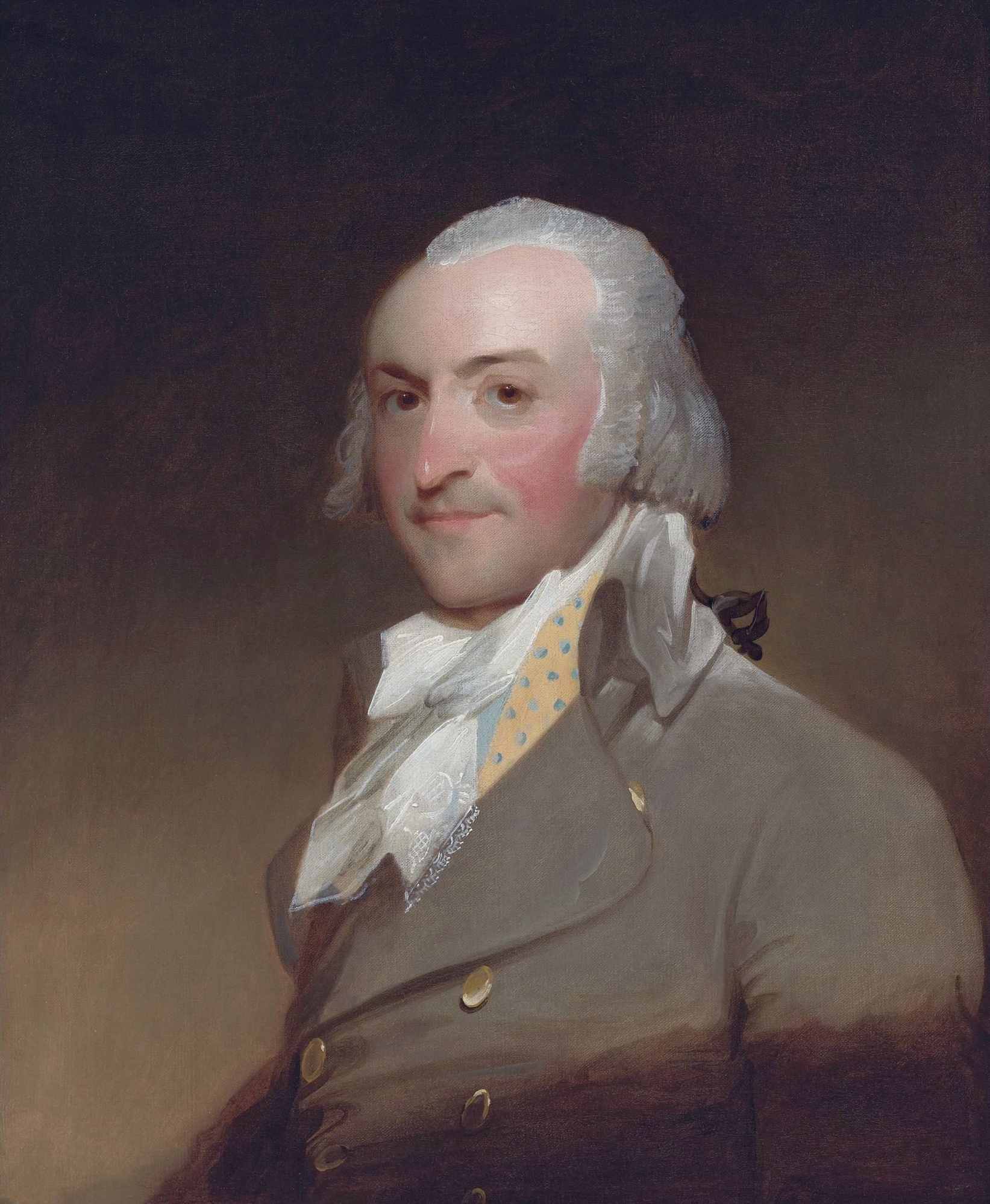|
Karl Heinzen
Karl Peter Heinzen (22 February 1809 – 12 November 1880) was a revolutionary author who resided mainly in Germany and the United States. He was one of the German Forty-Eighters. He advocated terrorist violence against ruling dynasties and uninvolved civilian populations as a means to an end. Biography He was born in Grevenbroich and attended the gymnasium in Kleve. In 1827, he began the study of medicine at the University of Bonn. He was expelled for a rebellious speech and went to the Netherlands where he was recruited for its Indonesian colonies and shipped out as a subaltern to Jakarta. He later (1841) wrote a book on his trip and what he found there: ''Reise nach Batavia'' (Voyage to Jakarta). He didn't find the colony suitable for permanent residence, and returned home in 1831. After he had fulfilled his military service obligation, he worked a short time as a salesman and then as a tax man. After eight years, he became an executive functionary for the Rhenish railr ... [...More Info...] [...Related Items...] OR: [Wikipedia] [Google] [Baidu] |
Karl Heinzen
Karl Peter Heinzen (22 February 1809 – 12 November 1880) was a revolutionary author who resided mainly in Germany and the United States. He was one of the German Forty-Eighters. He advocated terrorist violence against ruling dynasties and uninvolved civilian populations as a means to an end. Biography He was born in Grevenbroich and attended the gymnasium in Kleve. In 1827, he began the study of medicine at the University of Bonn. He was expelled for a rebellious speech and went to the Netherlands where he was recruited for its Indonesian colonies and shipped out as a subaltern to Jakarta. He later (1841) wrote a book on his trip and what he found there: ''Reise nach Batavia'' (Voyage to Jakarta). He didn't find the colony suitable for permanent residence, and returned home in 1831. After he had fulfilled his military service obligation, he worked a short time as a salesman and then as a tax man. After eight years, he became an executive functionary for the Rhenish railr ... [...More Info...] [...Related Items...] OR: [Wikipedia] [Google] [Baidu] |
Rhine Province
The Rhine Province (german: Rheinprovinz), also known as Rhenish Prussia () or synonymous with the Rhineland (), was the westernmost province of the Kingdom of Prussia and the Free State of Prussia, within the German Reich, from 1822 to 1946. It was created from the provinces of the Lower Rhine and Jülich-Cleves-Berg. Its capital was Koblenz and in 1939 it had 8 million inhabitants. The Province of Hohenzollern was militarily associated with the Oberpräsident of the Rhine Province. The Rhine Province was bounded on the north by the Netherlands, on the east by the Prussian provinces of Westphalia and Hesse-Nassau, and the grand duchy of Hesse-Darmstadt, on the southeast by the Palatinate (a district of the Kingdom of Bavaria), on the south and southwest by Lorraine, and on the west by Luxembourg, Belgium and the Netherlands. The small exclave district of Wetzlar, wedged between the grand duchy states Hesse-Nassau and Hesse-Darmstadt was also part of the Rhine Province. ... [...More Info...] [...Related Items...] OR: [Wikipedia] [Google] [Baidu] |
Slavery
Slavery and enslavement are both the state and the condition of being a slave—someone forbidden to quit one's service for an enslaver, and who is treated by the enslaver as property. Slavery typically involves slaves being made to perform some form of work while also having their location or residence dictated by the enslaver. Many historical cases of enslavement occurred as a result of breaking the law, becoming indebted, or suffering a military defeat; other forms of slavery were instituted along demographic lines such as Racism, race. Slaves may be kept in bondage for life or for a fixed period of time, after which they would be Manumission, granted freedom. Although slavery is usually involuntary and involves coercion, there are also cases where people voluntary slavery, voluntarily enter into slavery to pay a debt or earn money due to poverty. In the course of human history, slavery was a typical feature of civilization, and was legal in most societies, but it is no ... [...More Info...] [...Related Items...] OR: [Wikipedia] [Google] [Baidu] |
German-American
German Americans (german: Deutschamerikaner, ) are Americans who have full or partial German ancestry. With an estimated size of approximately 43 million in 2019, German Americans are the largest of the self-reported ancestry groups by the United States Census Bureau in its American Community Survey. German Americans account for about one third of the total population of people of German ancestry in the world. Very few of the German states had colonies in the new world. In the 1670s, the first significant groups of German immigrants arrived in the British colonies, settling primarily in Pennsylvania, New York and Virginia. The Mississippi Company of France moved thousands of Germans from Europe to Louisiana and to the German Coast, Orleans Territory between 1718 and 1750. Immigration ramped up sharply during the 19th century. There is a "German belt" that extends all the way across the United States, from eastern Pennsylvania to the Oregon coast. Pennsylvania, with 3.5 mill ... [...More Info...] [...Related Items...] OR: [Wikipedia] [Google] [Baidu] |
Louisville, Kentucky
Louisville ( , , ) is the largest city in the Commonwealth of Kentucky and the 28th most-populous city in the United States. Louisville is the historical seat and, since 2003, the nominal seat of Jefferson County, on the Indiana border. Named after King Louis XVI of France, Louisville was founded in 1778 by George Rogers Clark, making it one of the oldest cities west of the Appalachians. With nearby Falls of the Ohio as the only major obstruction to river traffic between the upper Ohio River and the Gulf of Mexico, the settlement first grew as a portage site. It was the founding city of the Louisville and Nashville Railroad, which grew into a system across 13 states. Today, the city is known as the home of boxer Muhammad Ali, the Kentucky Derby, Kentucky Fried Chicken, the University of Louisville and its Cardinals, Louisville Slugger baseball bats, and three of Kentucky's six ''Fortune'' 500 companies: Humana, Kindred Healthcare, and Yum! Brands. Muh ... [...More Info...] [...Related Items...] OR: [Wikipedia] [Google] [Baidu] |
Baden
Baden (; ) is a historical territory in South Germany, in earlier times on both sides of the Upper Rhine but since the Napoleonic Wars only East of the Rhine. History The margraves of Baden originated from the House of Zähringen. Baden is named after the margraves' residence, in Baden-Baden. Hermann II of Baden first claimed the title of Margrave of Baden in 1112. A united Margraviate of Baden existed from this time until 1535, when it was split into the two Margraviates of Baden-Durlach and Baden-Baden. Following a devastating fire in Baden-Baden in 1689, the capital was moved to Rastatt. The two parts were reunited in 1771 under Margrave Charles Frederick. The restored Margraviate with its capital Karlsruhe was elevated to the status of electorate in 1803. In 1806, the Electorate of Baden, receiving territorial additions, became the Grand Duchy of Baden. The Grand Duchy of Baden was a state within the German Confederation until 1866 and the German Empire until ... [...More Info...] [...Related Items...] OR: [Wikipedia] [Google] [Baidu] |
French Revolution Of 1848
The French Revolution of 1848 (french: Révolution française de 1848), also known as the February Revolution (), was a brief period of civil unrest in France, in February 1848, that led to the collapse of the July Monarchy and the foundation of the French Second Republic. It sparked the wave of revolutions of 1848. The revolution took place in Paris, and was preceded by the French government's crackdown on the campagne des banquets. Starting on 22 February as a large-scale protest against the government of François Guizot, it later developed into a violent uprising against the monarchy. After intense urban fighting, large crowds managed to take control of the capital, leading to the abdication of King Louis Philippe on 24 February and the subsequent proclamation of the Second Republic. Background Under the Charter of 1814, Louis XVIII ruled France as the head of a constitutional monarchy. Upon Louis XVIII's death, his brother, the Count of Artois, ascended to the thr ... [...More Info...] [...Related Items...] OR: [Wikipedia] [Google] [Baidu] |
Contingency (philosophy)
In philosophy and logic, contingency is the status of propositions that are neither true under every possible valuation (i.e. tautologies) nor false under every possible valuation (i.e. contradictions). A contingent proposition is neither necessarily true nor necessarily false. Overview Propositions that are contingent may be so because they contain logical connectives which, along with the truth value of any of its atomic parts, determine the truth value of the proposition. This is to say that the truth value of the proposition is ''contingent'' upon the truth values of the sentences which comprise it. Contingent propositions depend on the facts, whereas analytic propositions are true without regard to any facts about which they speak. Along with contingent propositions, there are at least three other classes of propositions, some of which overlap: * '' Tautological'' propositions, which ''must'' be true, no matter what the circumstances are or could be (example: "It is t ... [...More Info...] [...Related Items...] OR: [Wikipedia] [Google] [Baidu] |
Scientific Socialism
Scientific socialism is a term coined in 1840 by Pierre-Joseph Proudhon in his book '' What is Property?'' to mean a society ruled by a scientific government, i.e., one whose sovereignty rests upon reason, rather than sheer will: Thus, in a given society, the authority of man over man is inversely proportional to the stage of intellectual development which that society has reached; and the probable duration of that authority can be calculated from the more or less general desire for a true government, — that is, for a scientific government. And just as the right of force and the right of artifice retreat before the steady advance of justice, and must finally be extinguished in equality, so the sovereignty of the will yields to the sovereignty of the reason, and must at last be lost in scientific socialism. In the 1844 book '' The Holy Family'', Karl Marx and Friedrich Engels described the writings of the socialist, communist writers Théodore Dézamy and Jules Gay as truly "sci ... [...More Info...] [...Related Items...] OR: [Wikipedia] [Google] [Baidu] |
Karl Marx
Karl Heinrich Marx (; 5 May 1818 – 14 March 1883) was a German philosopher, economist, historian, sociologist, political theorist, journalist, critic of political economy, and socialist revolutionary. His best-known titles are the 1848 pamphlet '' The Communist Manifesto'' and the four-volume (1867–1883). Marx's political and philosophical thought had enormous influence on subsequent intellectual, economic, and political history. His name has been used as an adjective, a noun, and a school of social theory. Born in Trier, Germany, Marx studied law and philosophy at the universities of Bonn and Berlin. He married German theatre critic and political activist Jenny von Westphalen in 1843. Due to his political publications, Marx became stateless and lived in exile with his wife and children in London for decades, where he continued to develop his thought in collaboration with German philosopher Friedrich Engels and publish his writings, researching in the British Mu ... [...More Info...] [...Related Items...] OR: [Wikipedia] [Google] [Baidu] |
Genf
Geneva ( ; french: Genève ) frp, Genèva ; german: link=no, Genf ; it, Ginevra ; rm, Genevra is the second-most populous city in Switzerland (after Zürich) and the most populous city of Romandy, the French-speaking part of Switzerland. Situated in the south west of the country, where the Rhône exits Lake Geneva, it is the capital of the Republic and Canton of Geneva. The city of Geneva () had a population 201,818 in 2019 (Jan. estimate) within its small municipal territory of , but the Canton of Geneva (the city and its closest Swiss suburbs and exurbs) had a population of 499,480 (Jan. 2019 estimate) over , and together with the suburbs and exurbs located in the canton of Vaud and in the French departments of Ain and Haute-Savoie the cross-border Geneva metropolitan area as officially defined by Eurostat, which extends over ,As of 2020, the Eurostat-defined Functional Urban Area of Geneva was made up of 93 Swiss communes and 158 French communesFederal Statistical Office sp ... [...More Info...] [...Related Items...] OR: [Wikipedia] [Google] [Baidu] |
Basel
, french: link=no, Bâlois(e), it, Basilese , neighboring_municipalities= Allschwil (BL), Hégenheim (FR-68), Binningen (BL), Birsfelden (BL), Bottmingen (BL), Huningue (FR-68), Münchenstein (BL), Muttenz (BL), Reinach (BL), Riehen (BS), Saint-Louis (FR-68), Weil am Rhein (DE-BW) , twintowns = Shanghai, Miami Beach , website = www.bs.ch Basel ( , ), also known as Basle ( ),french: Bâle ; it, Basilea ; rm, label= Sutsilvan, Basileia; other rm, Basilea . is a city in northwestern Switzerland on the river Rhine. Basel is Switzerland's third-most-populous city (after Zürich and Geneva) with about 175,000 inhabitants. The official language of Basel is (the Swiss variety of Standard) German, but the main spoken language is the local Basel German dialect. Basel is commonly considered to be the cultural capital of Switzerland and the city is famous for its many museums, including the Kunstmuseum, which is the first collection of art accessible ... [...More Info...] [...Related Items...] OR: [Wikipedia] [Google] [Baidu] |






.jpg)


